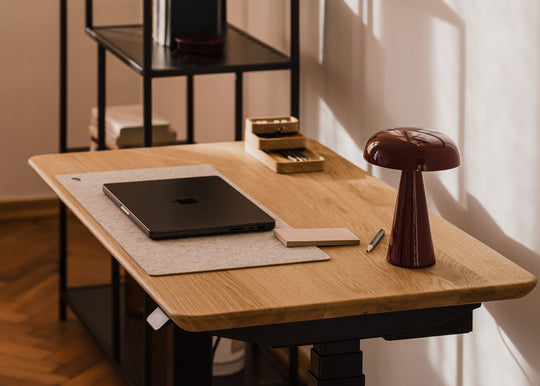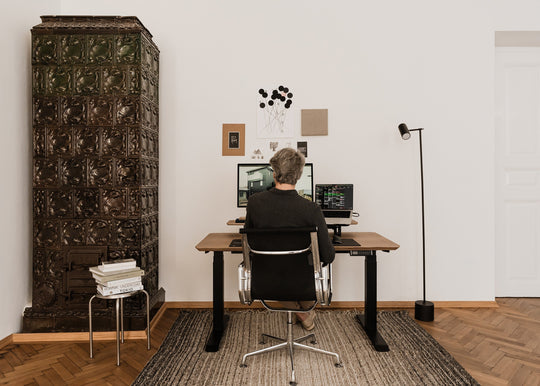The last weeks of December are filled with shimmering lights and the smell of gingerbread cookies, which makes for a perfect moment and atmosphere to slow down, sit back, and forget about your responsibilities (especially the professional ones). To begin the new year with renewed strength and energy, allow yourself to take some well deserved rest – think work-life balance, mindfulness, and wellbeing.

Photo by Toa Heftiba on Unsplash+
What happens when you don’t rest?
Long term lack of rest can lead to more negative consequences than we think. Exhaustion is not just a lack of physical strength or energy, it’s also a breeding ground for various somatic and mental ailments. Non-stop work is often related to toxic productivity and chronic stress which may cause cortisol and adrenaline spikes, thus making your body feel like it’s in the state of real, physical threat. If you continue like this for weeks or months, your immune system will become weaker, more prone to inflammation and illness.
According to the research conducted by UCL, people who work more than 55 hours a week are more prone to heart attacks (risk increases by 13%) and strokes (risk increases by 33%), compared to those who work 35-40 hour weeks. Other research indicates an increased risk of heart attacks and premature death amongst those aged 35-57 and taking less than 7 days of holiday per year.
Overworking yourself can also contribute to cognitive fatigue, which brings difficulties concentrating and remembering, decreases your productivity at work, and, in more serious cases, leads to depression.

Photo by Into The Las
The need to regenerate
Rest is not only a need, it is a must! Rest is a requirement for securing long term benefits for both the employee and the employer. An employee without a healthy balance between their personal and professional lives is bound to fall ill sooner or later – this means more frequent and unpredictable absences, as opposed to a pre-planned time off, from which they come back invigorated, refreshed, and ready to work.
Time free from work is also a great excuse to improve the quality of your sleep, declutter your workspace, and, in effect, your brain. This will create space for new ideas, reflections, and actions to flow, increasing our ability to concentrate on work tasks, and promoting healthy productivity.
How to regenerate well? While binge-watching a new hit series on your couch is an especially tempting option this time of year, make sure to include some physical activity in your plans. Stanford scientists, Marily Oppezzo and Daniel Schwartz, have found that walking has the power to inspire and increase creativity, even if it’s just a walk around your room or in the corridor. On the other hand, psychologist Dr. Konrad Kulikowski emphasizes the importance of „combining physically active rest with periods of relaxation, laziness, and doing nothing. If we spend the day mountain hiking, we could plan a SPA session for the evening".

Photo by Clay Banks on Unsplash
December – the ideal time for rest
After a full year of hard work, you deserve to spend the last few days of this year in the most pleasant way – meeting with friends and family, reflecting on your achievements, and planning your moves for the near future.
The festive season means the world slows down a notch, focusing our attention on rest and relaxation. Besides, let’s not pretend like we would have been super productive working over Christmas anyway. Hence, the best decision you can make right now is to take some time off. Consider it a worthy investment towards your health, wellbeing, and development. And for those who, unfortunately, have to work during this time, make sure you systematically regenerate and recharge after work – it’s just as important as a long vacation.









